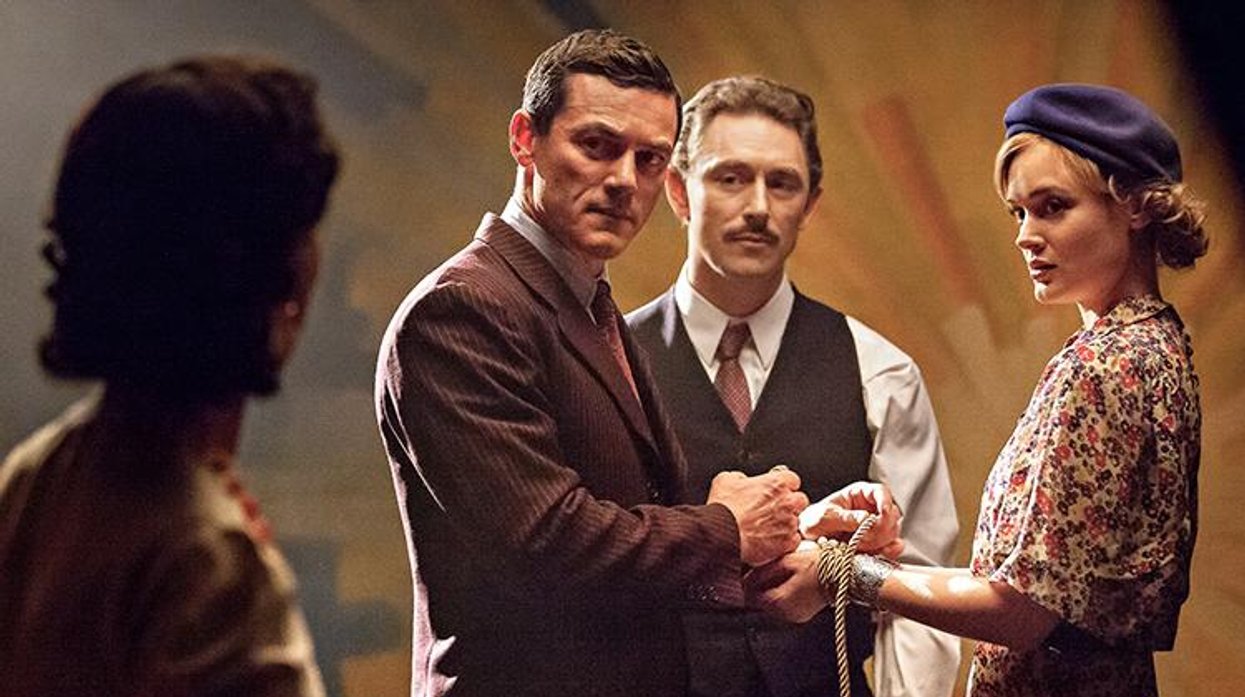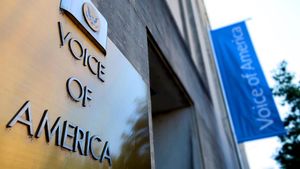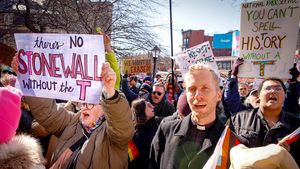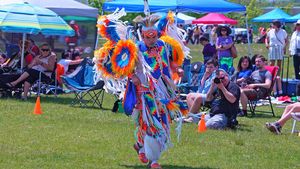This summer, Wonder Woman answered the inane question of whether audiences were really ready for a female-led superhero movie when it became a box-office smash. "Seeing it was actually a really emotional experience," says Angela Robinson, who wrote and directed Professor Marston and the Wonder Women, a new film about the character's fascinating real-life origins. In it, Harvard psychologist and Wonder Woman creator William Moulton Marston (Luke Evans) and his wife, Elizabeth (Rebecca Hall), enter into a polyamorous relationship with his undergraduate research assistant Olive Byrne (Bella Heathcote), who moved in with the couple in 1926.
"My friend gave me a book on Wonder Woman, and I stumbled on a chapter on the Marstons," says Robinson. "It had all the salient details." Those details include the fact that, long before the unveiling of the legendary crime fighter in 1941, the Marstons had developed what would become the polygraph test. Later, Byrne snuck the pair into her sorority to study rituals like "baby parties," where freshmen dressed as infants were bound and spanked by upperclassmen.
This fieldwork left a lasting impression, seeping into Marston's comics in the form of Wonder Woman's iconic Lasso of Truth and the bondage that frequently appeared in the strip's early editions. But most important was his vision of a matriarchal Amazonian society, based partly on the experiment unfolding under Marston's own roof. "William was full-throatedly advocating for feminism," Robinson says, while still noting the sacrifices his two lovers made to support his career. "I was so blown away by how contemporary the story felt."








































































